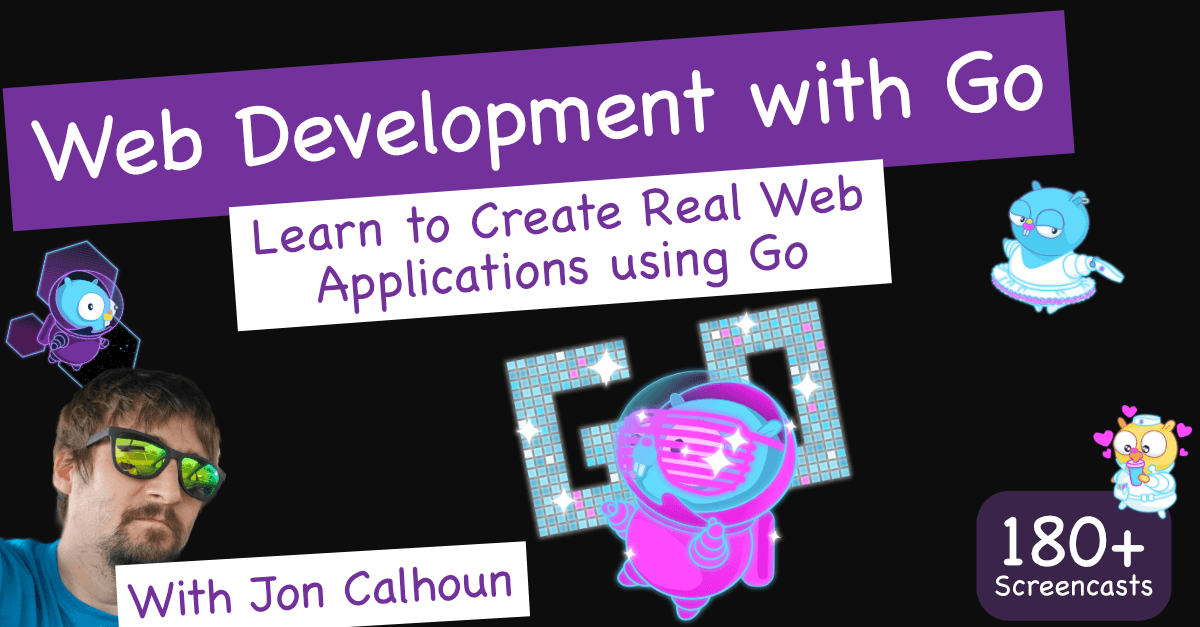
What you'll learn
- Define Infrastructure as Code using Terraform to easily create and destroy environment
- Design an architecture that is scalable, secure, resilient and facilitates zero downtime deployments
- Setup professional development workflows based on GitLab Flow to automate processes and speed up deployments
- Manage and administer an AWS account in accordance with best practices to mitigate the risk of it getting compromised
Welcome to the advanced course on how to set up a deployment automation that’s capable of handling millions of users!
In this course you will learn some of the most in-demand skills in the marketplace today by creating automated workflows to deploy and manage a scalable and secure infrastructure.
The demand for DevOps engineers is skyrocketing because few people have these skills and the value they add to a business’s bottom line is so high. Software development is expensive, and DevOps saves money by automating and streamlining the process. It also makes it easier to deploy more frequently, so you can catch issues early and improve the reliability of your product or service. Not to mention it saves hundreds of hours of manually administering servers and running deployments (like the good old days).
People in DevOps roles are some of the highest earners in the industry, are looking for work the least, and are the most sought after by companies. (Source: Stack Overflow Developer Survey 2019 and Indeed).
Needless to say, mastering the technologies and skills used for DevOps is a great return on investment.
Whether you’re a developer, system administrator, or tech entrepreneur - this course will give you the tools to advance your skills in some of the most in-demand DevOps technologies in the marketplace today.
In this course, you’ll be deploying a sample Django REST API to AWS using Terraform, GitLab, Docker and a suite of AWS technologies, including:
- Elastic Container Registry (ECR)
- Relational Database Service (RDS)
- Elastic Container Service (ECS)
- Application Load Balancer (ALB)
- Elastic Cloud Compute (EC2)
- Virtual Private Cloud (VPC)
- Subnets
- Gateways
- Simple Storage Service (S3)
- Route53
- Identity and Access Management (IAM)
- and AWS Certificate Manager (ACM)
In this course, you will learn how to:
- Define your infrastructure as code so you can easily create and destroy environments as you need them, keeping AWS costs low
- Design an architecture that is scalable, secure, resilient and facilitates zero downtime deployments
- Setup professional development workflows based on GitLab Flow to automate processes and speed up deployments
- Properly manage and administer an AWS account in accordance with best practices to mitigate the risk of it getting compromised (and preventing AWS bill shock)
This is an advanced course that requires previous experience with Django and Docker, and familiarity with AWS. It requires you to have a budget for AWS fees and an acceptable payment method. You must also have a computer that can run Docker desktop (sorry Windows Home users).
This is a high-stakes course, so we encourage you to check out our full Requirements video before enrolling. This video and many others are free to preview, so make sure you check them out to make sure this course is right for you.
This is a hands-on course, with a bit of theory and lots of opportunities to test your knowledge. The content is challenging but rewarding. Ready for it? Let’s dive in!
Who this course is for:
- Developers/System administrators looking to expand their knowledge into DevOps
- Intermediate to advanced developers (or really keen beginners who don't mind jumping in the deep end to learn something exciting)
- Junior DevOps developers looking to advance their skills


